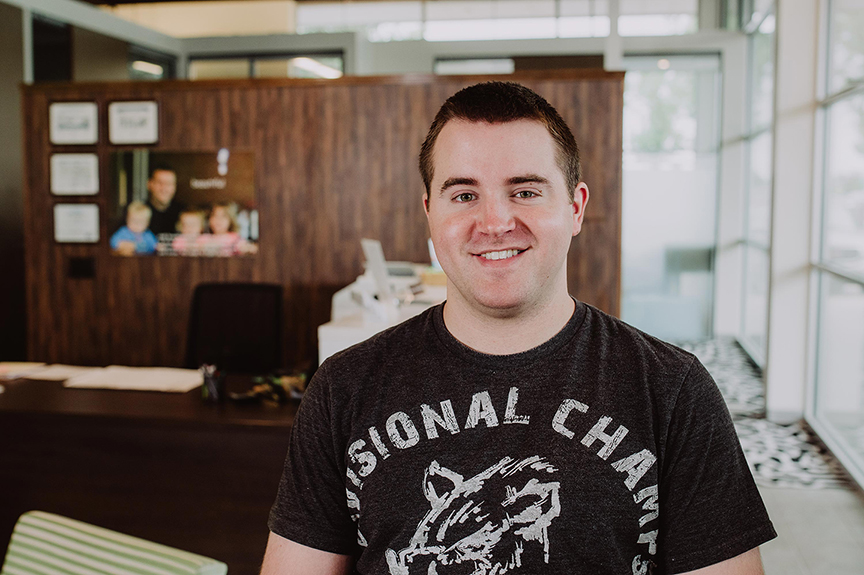Three tips for making a change around addiction

Published April 26, 2019
By Jake, peer coach
Reaching out for help is almost always difficult, whether it’s related to addiction or not. If you’d like to make a change, but you’re unsure where to start, you’re not alone.
Here are just a few things to keep in mind when you’re about to take that step.
Be prepared for ups and downs
When people get support for their addiction, there’s usually an initial period of feeling really good and motivated. That’s not a bad thing, but it’s important to remember there will be unanticipated challenges. That’s why, as peer coaches, we focus on more than someone’s substance use. By talking about someone’s whole life, I’m able to understand their social network, financial capabilities and other strengths or areas to work on, in addition to their addiction-related issues.
It’s also why coaches utilize the Recovery Capital Index – because wellness is about more than sobriety alone. Each month I’m able to see how a member is doing in several areas of their life, and we can celebrate successes together.
Don’t let your past stop you from reaching out
One thing I see a lot among early members is guilt. I completely understand it, but I always encourage them to not let it get in their way. You can’t let your past blind you into believing you’re not worth it, because you are. If I had let that guilt from my past actions take over, I never would’ve believed I was worth getting help. If you’re ready for help now, that’s what matters. Follow that instinct and stick with it.
Stay open to different forms of help
Many people are reluctant to get help because they think they have to drop everything and enter a residential treatment facility for 28 days. In reality, there are more options. If you’re considering clinical treatment, you’ll need a professional assessment in order to get an official diagnosis. But we see many people who don’t need the intensity of formal treatment. They make great progress with our coaching, or some combination of counseling and 12-step support or other less intensive options. One of the first questions I get from members with addiction is usually, “How is this different from treatment?” There are several ways – which you can read more about here – but the main difference I try to get across is our flexibility. I’m not here to tell someone what they have to do each week; I’m here to help them meet the goals they set. I can tell you what helped me, but ultimately it’s about what works for you and your wellness.
